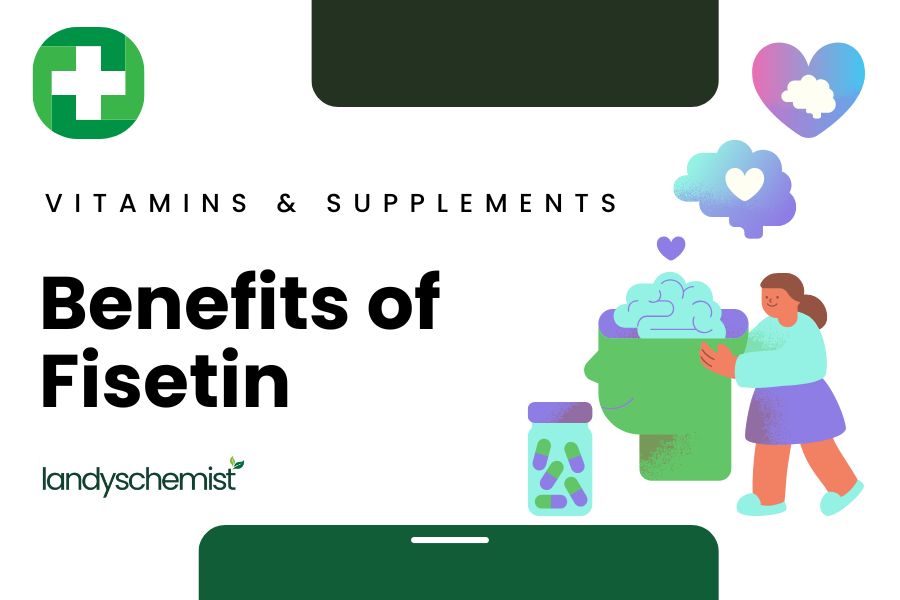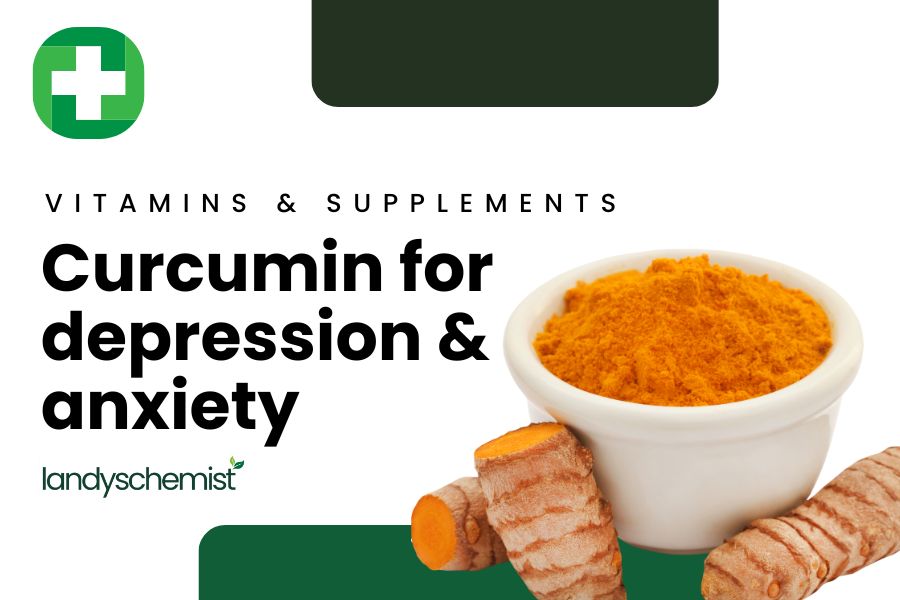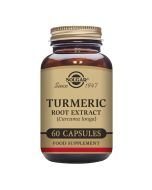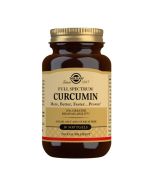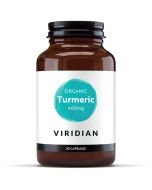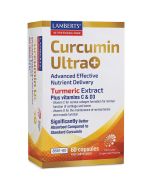
The Difference Between Curcumin And Turmeric
What is Turmeric?
Turmeric (Curcuma longa) is a bright yellow spice that comes from the root of a flowering plant in the ginger family, Zingiberaceae.
What is Curcumin?
Curcumin is a naturally occurring chemical compound found in the roots of the turmeric plant (Curcuma longa). It is responsible for the bright yellow colour of turmeric and is also the primary bioactive compound that gives turmeric many of its potential health benefits.
What is the difference between Curcumin and Turmeric?
The typical Turmeric powder consists of a curcumin content ranging from 2% to 8%.
You can obtain curcumin by either consuming Turmeric itself or through isolated curcumin extracts found in supplements, specific foods (curcumin is employed as a food colouring and additive), and medications.
To sum up, curcumin is a constituent of Turmeric and is thus distinct from the Turmeric rhizome.
While turmeric comprises a variety of plant compounds, including curcumin, isolating curcumin offers an enhanced impact of its beneficial effects.
Curcumin has a smaller molecular size compared to turmeric. Despite both having limited bioavailability, meaning the body absorbs and utilises only a small fraction of the ingested substance, curcumin exhibits a slightly improved bioavailability.
Health benefits of Curcumin and Turmeric:
Anti-Inflammatory Properties
Curcumin, present in turmeric, is known for its strong anti-inflammatory effects. It can help mitigate chronic inflammation, which is linked to various chronic diseases. It can also reduce joint discomfort caused by inflammation and conditions such as arthritis.
Antioxidant Activity
Both turmeric and curcumin possess antioxidant properties, which help counteract oxidative stress and prevent cellular damage caused by free radicals. This in turn enhances the body’s defence mechanisms and boosts the immune system.
Digestive Health
Turmeric and curcumin aid in digestion by promoting a healthy digestive system and alleviates symptoms of indigestion and bloating.
Heart Health
Both turmeric and curcumin contribute to heart health by supporting healthy cholesterol levels, reducing inflammation, and improving overall cardiovascular function.
Brain Health
Curcumin has been investigated for its potential neuroprotective effects and its role in promoting cognitive health. It aids in maintaining brain function and reducing the risk of neurodegenerative diseases.
Skin Health
Turmeric and curcumin have been used traditionally for skin health. They help with certain skin conditions, such as acne and eczema, due to their anti-inflammatory and antioxidant properties.
Cancer Prevention
Some studies suggest that curcumin could have anti-cancer properties by interfering with the growth of cancer cells and inhibiting their spread. However, more research is needed in this area.
Curcumin Vs. Turmeric: Which one has more benefits?
While curcumin is the primary bioactive compound in turmeric responsible for many of its health benefits, turmeric itself contains a range of other compounds that could contribute to its potential effects. Here are some benefits that turmeric might offer beyond what curcumin alone provides:
Dietary Fiber and Nutrients:
Turmeric as a whole food contains dietary fiber and various nutrients such as vitamins and minerals that curcumin extracts lack. These nutrients can contribute to overall health and wellbeing.
Synergistic Effects:
The various compounds present in turmeric work together in a synergistic manner to provide health benefits that go beyond the effects of curcumin alone. This is known as the "entourage effect," where the combined actions of different compounds enhance their overall impact.
Reduced Risk of Contamination:
Turmeric used as a whole spice is less likely to be contaminated or adulterated compared to curcumin supplements, which might sometimes be prone to quality issues.
Curcumin may be more beneficial more specific health concerns
Researchers have started looking at the specific benefits of curcumin alone as it is considered the most active ingredient in turmeric.
Both turmeric and curcumin have demonstrated the ability to lower blood sugar levels in individuals with type 2 diabetes. However, an animal study concluded that curcumin had superior efficacy in reducing diabetes indicators compared to turmeric. Curcumin possesses the ability to notably decrease inflammation-related indicators like tumor necrosis factor (TNF) and interleukin 6 (IL-6), pivotal factors in the development of type 2 diabetes.
It may also reduce osteoporosis risk. One animal study found that rats who received turmeric extracts enriched with curcumin-like curcuminoids had preserved bone mass, whereas those who had a lower amount of added curcuminoids showed no effect.
Absorption of Curcumin and Turmeric:
Both curcumin and turmeric have low bioavailability, meaning the body absorbs and utilises only a small fraction of the ingested substance, and here are the reasons why they are so difficult to absorb:
- Low Water Solubility: Curcumin, in particular, has poor water solubility, which makes it challenging for the body to dissolve and absorb in the aqueous environment of the digestive system.
- Rapid Metabolism and Excretion: Both curcumin and turmeric are rapidly metabolized by the liver and quickly excreted from the body, reducing the amount of time available for absorption. This rapid metabolism can limit the time curcumin spends in circulation, affecting its overall effectiveness.
- Efflux Transporters: Curcumin and related compounds are substrates for efflux transporters (crucial proteins that regulate the movement of substances across cell memebranes) in the intestinal lining, which actively pump substances out of the cells back into the gut lumen. This process can limit the absorption of curcumin into the bloodstream.
- Large Molecule Size: Curcumin is a relatively large molecule, which can affect its ability to pass through the intestinal lining and enter the bloodstream.
How to enhance the absorption of Curcumin and Turmeric:
Combine with Piperine (Black Pepper)
Piperine, a compound found in black pepper, has been shown to significantly increase the absorption of curcumin in the body. When turmeric or curcumin supplements are combined with a small amount of black pepper, the absorption of curcumin can be enhanced by up to 2000%. Many curcumin supplements on the market already include piperine for improved bioavailability.
Consume with Healthy Fats
Curcumin is fat-soluble, which means that consuming it with healthy fats can enhance its absorption. You can add a small amount of healthy fats like olive oil, coconut oil, or avocado to dishes containing turmeric to aid absorption. Furthermore, Liposomal curcumin supplements use lipid (fat) molecules to encapsulate curcumin, potentially improving its absorption. These formulations are designed to increase the bioavailability of curcumin.
Consider Curcumin Phytosome Complexes
Curcumin phytosomes are curcumin molecules bound to phospholipids, which can improve their solubility and absorption in the body. Look for supplements containing "curcumin phytosome" for potentially enhanced bioavailability.
Heat Treatment
Cooking turmeric or curcumin-containing dishes can help improve their bioavailability. Heat can make curcumin more soluble and thus more readily absorbed by the body. Traditional cooking methods like simmering, sautéing, or boiling turmeric can help release curcumin and make it more available for absorption.
Pair with Quercetin-Rich Foods
Quercetin, a flavonoid found in foods like onions, apples, and berries, may enhance curcumin's absorption. Consuming foods rich in quercetin alongside turmeric or curcumin-containing dishes could potentially boost absorption.
Summary:
- Both Turmeric and Curcumin have a multitude of potential health benefits.
- New formulations and combinations of supplements have helped solve the issue of their low bioavailability.
- More research needs to be done to decide whether one is superior but for now it is a decision as to whether you want to focus on the specific benefits of curcumin or the synergistic effects of the compounds found in turmeric.
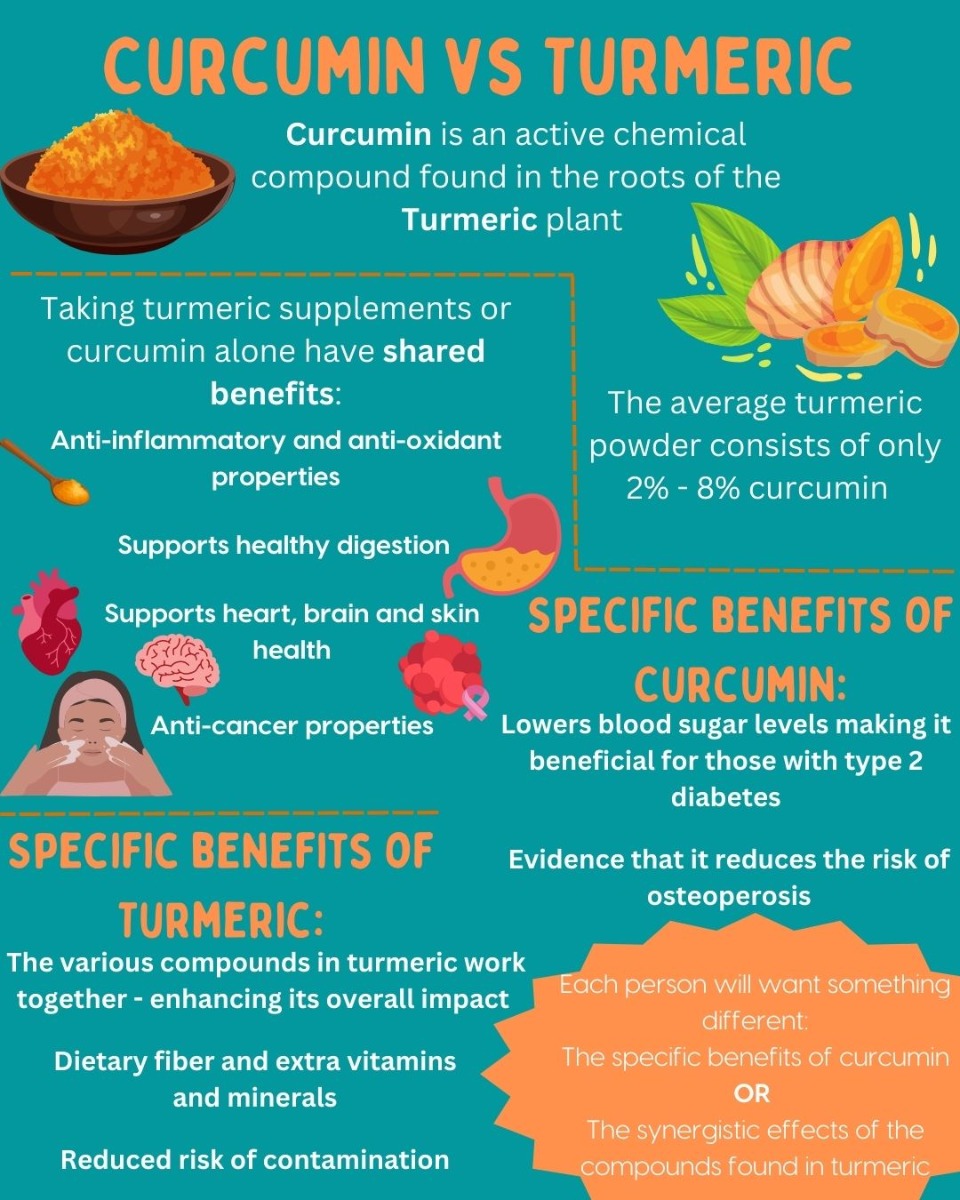
Recommended Turmeric And Curcumin Supplements
- Kiki Health Organic Turmeric Powder
- Solgar Curcumin: Full Spectrum
- Terranova Turmeric and Ginger Capsules
If you want to enjoy the benefits of curcumin and turmeric but aren't ready to take a regular supplement, you can gain benefits from Pukka Turmeric Tea.

